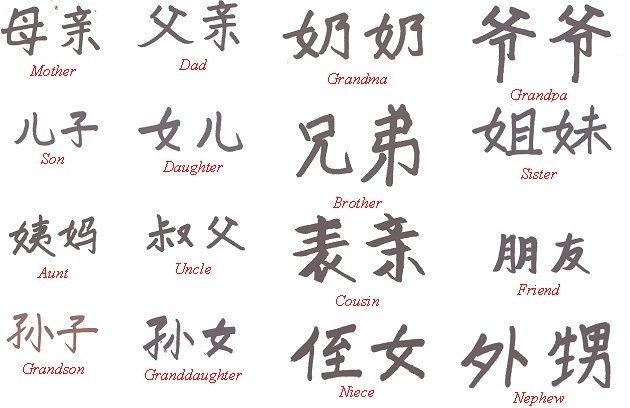1- Zhou Dynasty (1045-255 BC) — Basic Philosophical and Religious Literature
.jpg)

The Zhou Dynasty was contemporaneous with the Shang Dynasty, and after that they vanquished the Shang Dynasty. Their administration went on for around 800 years, yet for more often than not, their unique domain was separated into many contending kingdoms, and these at long last mixed into a few major and warring kingdoms before the finish of the Zhou time. The considerable scholarly works of rationality and religion that turned into the reason for Chinese religious and social conviction come from what is known as the Spring and Autumn Period (770-476) and the Warring States Period (475-221). Taoism, Confucian writing, and other noticeable religious and philosophical schools all developed amid these two periods.
The Chinese call this concurrent development of religions and methods of insight the "One Hundred Schools of Thought." Perhaps such a large number of logicians could compose all the while on the grounds that they lived in little kingdoms that upheld them. In Chinese history, the prevailing rulers for the most part squelch or demoralize philosophical articulation that repudiate their own, so when there were a few little powers, diverse schools of thought could get by in the land in the meantime.
2- Han Dynasty (206 BC – 220 AD) — Scientific and Historical Texts
.jpg)
.jpg)
Li Bai (701–762) was one of the greatest romantic poets of ancient China. He wrote at least a thousand poems on a variety of subjects from political matters to natural scenery.
3- Tang Dynasty (618-907) — Early Woodblock Printing and Poetry

.jpg)
The Five Classics and Four Books were composed in the composed Classical Language. The Five Classics include: The Book of Changes, The Classic of Poetry, The Record of Rites that was an amusement of the first Classic of Rites of Confucius that was lost in the Qin book cleanse, The Classic of History, and The Spring and Autumn Annals that was for the most part an authentic record of Confucius' local territory of Lu. The Four Books include: The Analects of Confucius that is a book of pointed colloquialisms credited to Confucius and recorded by his devotees; Mencius that is an accumulation of political exchanges ascribed to Mencius; The Doctrine of the Mean; and The Great Learning that is a book about training, self-development and the Dao. For nonnatives who need an essence of this Confucian reasoning, perusing the Analects of Confucius is a decent presentation since the announcements are typically straightforward and like good judgment.
Hi, friend, I just followed u and voted. Please follow me back, thanks!
Downvoting a post can decrease pending rewards and make it less visible. Common reasons:
Submit
Done
Downvoting a post can decrease pending rewards and make it less visible. Common reasons:
Submit
This post recieved an upvote from minnowpond. If you would like to recieve upvotes from minnowpond on all your posts, simply FOLLOW @minnowpond
Downvoting a post can decrease pending rewards and make it less visible. Common reasons:
Submit
Congratulations @hudabukhari! You have completed some achievement on Steemit and have been rewarded with new badge(s) :
Click on any badge to view your own Board of Honor on SteemitBoard.
For more information about SteemitBoard, click here
If you no longer want to receive notifications, reply to this comment with the word
STOPDownvoting a post can decrease pending rewards and make it less visible. Common reasons:
Submit
Nice
Downvoting a post can decrease pending rewards and make it less visible. Common reasons:
Submit